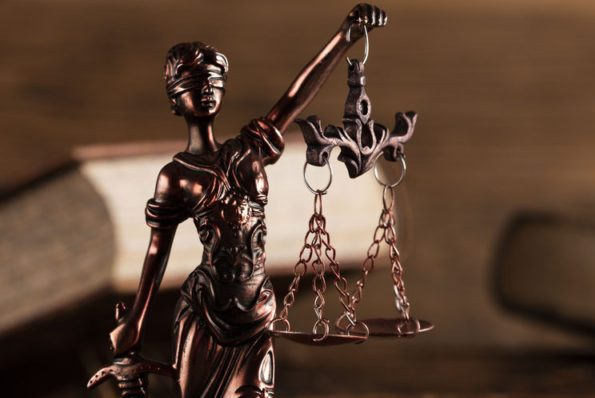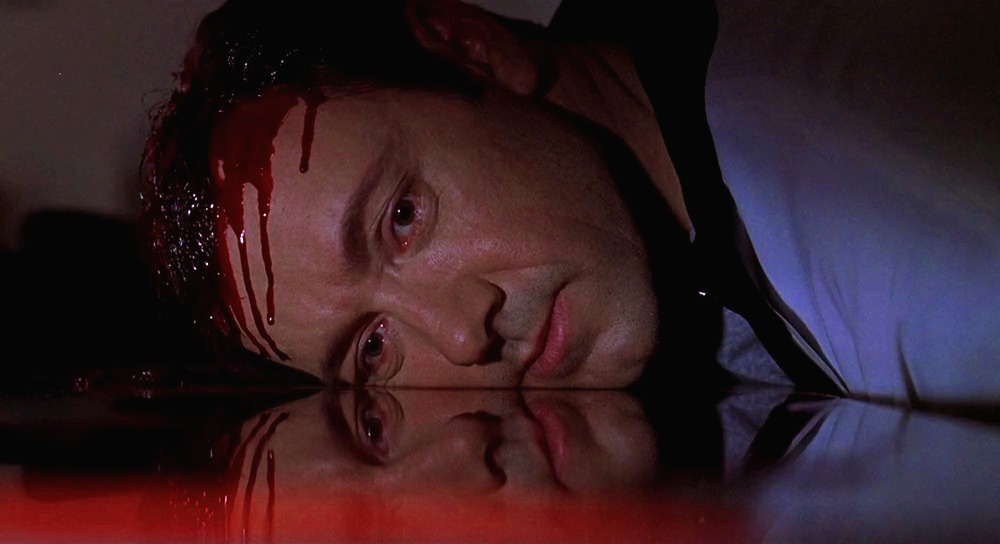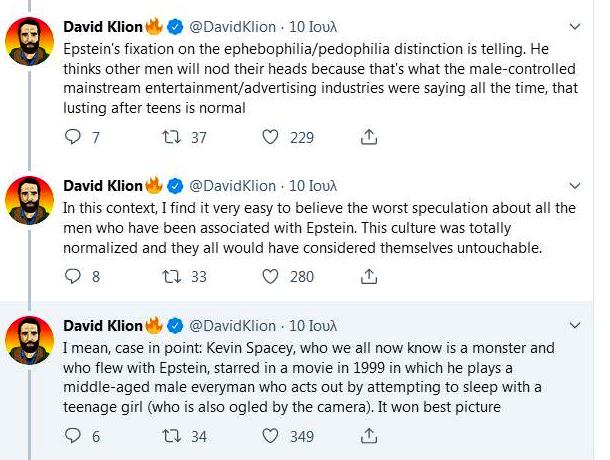Or to be more accurate, the Nantucket case was one woman’s crusade against a famous man who supposedly allegedly harmed her son in a sexual way.
Prosecutors announced Wednesday, July 17, 2019 afternoon that they will be dropping charges against Kevin Spacey, who was accused of groping an 18-year-old man at a Nantucket bar in 2016.
The reason why you are reading this is because [I wrote it] after the case was dismissed with prejudice I woke up to at least two – there are more, but I didn’t read all of them- articles about how Kevin Spacey wasn’t exonerated regardless of the DA’s decision.
In Variety, Caroline Framke wrote:
“Just because the charges were dropped, however, doesn’t mean that many won’t (or shouldn’t) be wary of working with him again.”
[…]
“Sexual assault cases are so rarely taken seriously at the time the crime is allegedly committed that sometimes, telling the story on their own terms is all a survivor can do. Anyone who believes in that tried and true fact will just believe that Spacey has escaped tangible consequences for abusing his power once again.”
In the Atlantic, Spencer Kornhaber wrote:
“’Help me’.
Among the text messages sent by a then–18-year-old busboy on the night in 2016 when he alleges Kevin Spacey sexually assaulted him, that one sentiment—a plea for rescue—recurred at least five times.”
[…]
“The truth is that the case, and the dozens of other accusations against Spacey, demonstrate why #MeToo is not only—or even primarily—a courtroom battle.”
If you have read any of my blog entries, you know I strongly support the innocent until proven guilty doctrine as a fundamental legal and human right. There are many discussions taking place in academia on whether the presumption of innocence is a substantive human right, and thus not merely a procedural one, and finds them wanting, according to Richard L. Lippke’s Taming the Presumption of Innocence.
Nothing in regards to the Presumption of Innocence and the Media though, which is my main issue.
Συνεχίστε την ανάγνωση του «Kevin Spacey and the Nantucket case»


